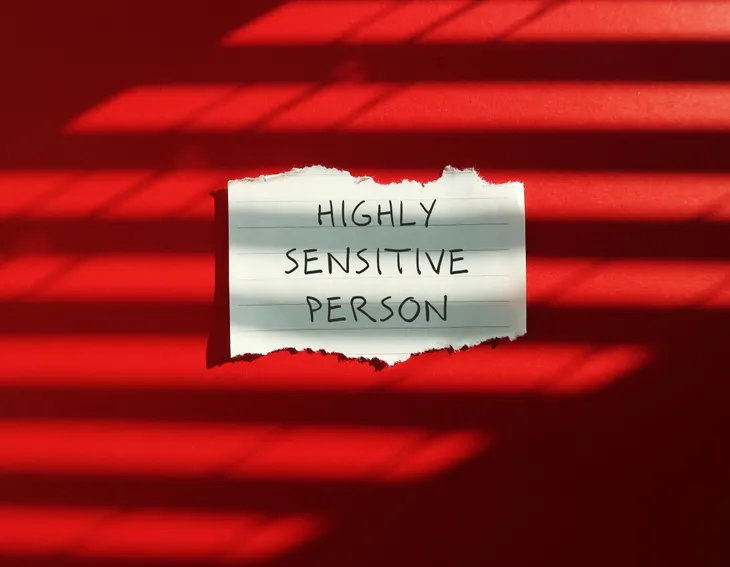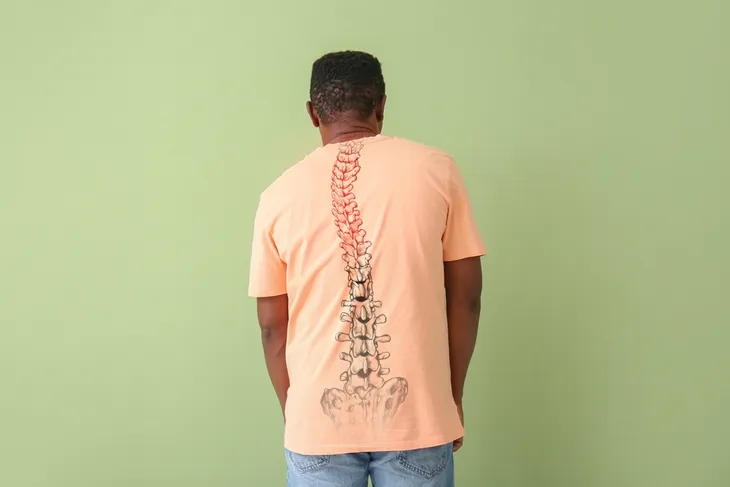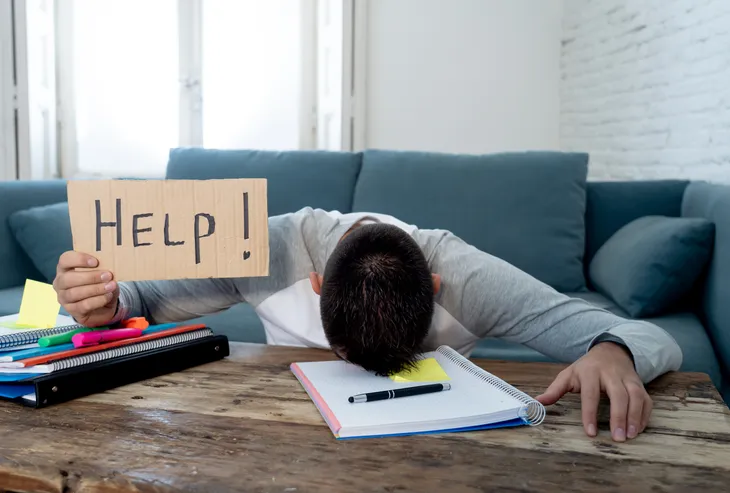Unbeknownst to many, seemingly innocent habits, even tiny ones, can affect your mental health. Everything from your level of physical fitness to your use of social media can dilute mood, positivity, and sabotage your mental wellbeing.
Here are nine small bad habits that have a big impact on mental health…
1. Living the Sedentary Life
It should be zero surprise that researchers at University College London established a link between lack of physical activity and high rates of depression. In fact, you can banish depressive feelings and negativity by 16-percent simply by exercising 3 times per week—even if you’re just taking the stairs and walking to do errands in your neighborhood.
2. Trapped in Toxic Bonds
It often takes a long time to get away from a toxic relationship—let alone to be able to realize the signs that you’re stuck in unhealthy territory. According to scientists at the UCLA School of Medicine, long term, negative social interactions are linked to inflammation, which can develop into cardiovascular disease, cancer, and hypertension. Harmful partner bonds, coworker bonds, family, and friend bonds can also result in low self-esteem, anxiety, and depression. If you think you’re wrapped up in toxic relations, seek help from an unbiased professional or ask the help of a supportive friend or family member.
 Shutterstock/fizkes
Shutterstock/fizkes3. You’re Sleep Deprived
Researchers at Bastyr University consider sleep the foundation for, well, everything, particularly when you consider that during slumber our bodies use this time to reboot all systems—including organ function, central nervous system, brain function, and digestion. If you’re blue, chances are you’re sleep deprived. Learn to power off electronic devices at least 3 hours prior to sleep and create a comforting environment by drinking herbal tea, turning down the lights, and having a warm bath before bed.
4. Digital Record Taking
We’ve all been to concerts where spectators watched through a smartphone camera…and totally missed the real action. A study conducted by health psychologists at Washinton’s Bastyr University, revealed that the more pictures and video taken at an event; the more difficult it was to remember the actual goings on, which is why stronger mental memories result from taking part rather than purely recording an event.
5. The Social Media Void
When was the last time that you had a meaningful conversation with a friend, spouse, or family member that wasn’t over social media? I make the distinction thanks to the wisdom of San-Diego-based behavioral science PhD, Michael Mantell, who claims, “We’ve learned to not have face-to-face connections, only virtual…[Social media] are not true conversations…this instantaneous connection over-stimulates us, lessens our experiences and feelings, impacts attention, [and] demands immediate gratification and expectations [at] the press of a button.” So take a break from social media to foster real, face-to-face connections. Power down for a good chunk of each day to regenerate body and mind to prevent anxiety and depression disorders.
 Shutterstock/13_Phunkod
Shutterstock/13_Phunkod6. You’re Overly Sensitive
If a nasty remark from a coworker or a traffic jam can cause your day to implode, you need to learn to shrug it off. According to research published in the journal Psychology Today, those who crumble at the first sign of stress have elevated cortisol levels (stress hormone) that lowers immunity and bone density, causes increased blood pressure, cholesterol, and weight gain. On the flip side, laughing off stress leads to a lower risk of depression and stronger overall mental health. So turn that frown upside down by turning a bad day into a good one. Visit a friend, play with your pet, listen to your favorite tunes, or go see a funny movie.
7. You Slouch
Walking around slumped over is considered more than just lazy form by research published in the Journal of Behavior Therapy and Experimental Psychiatry, which monitored the moods in a group of slouchers and non-slouchers. Findings concluded that hunching had a negative impact on mood vs. walking with back straight, chin up, and shoulders back put liveliness in steps and overall mood.
8. Lack of “Me” Time
When do you get time for yourself—between work, family, marriage, and social responsibilities? If the answer is never, you’ve pinpointed a prime source of stress and irritability. Book at least 15 minutes each day for you, you and no one else but you. Everyone deserves a mental time out to do something they enjoy.
9. Master Procrastinator
Most procrastination results from feelings of fear and anxiety, according to research from the Association for Psychological Science, which can create a ton of stress around work, family, and social obligations and actually increase stress and lower mental well being. However, the opposite is also true. When we finally tackle a “to-do” we’ve been hesitating over, we boost self-confidence by proving to ourselves that there was nothing to fear to begin with.










